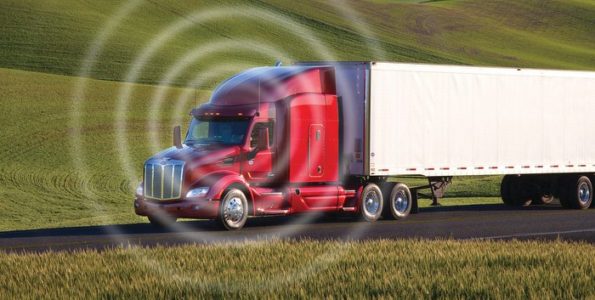Fuel efficiency: where the rubber meets the road
There are significant fuel savings to be had by specifying the right tires. Fleet Equipment asked tire makers to weigh in on the tire designs and compounds that can help fleets save fuel. “Tires are third on the list of the top 10 controllable fuel economy factors,” says Roger Best, project engineer for Bridgestone Tires.
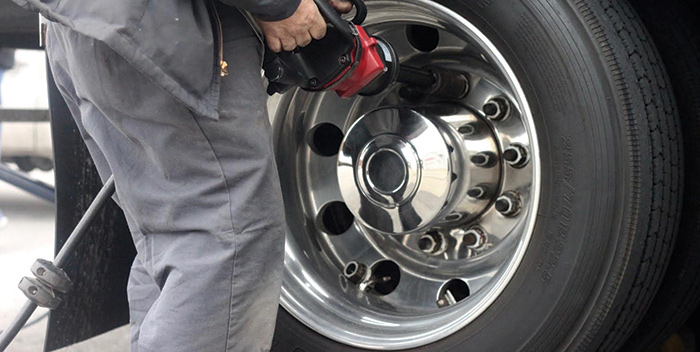
Where we are in speed limiter adoption
A proposed rule to mandate the use of speed limiting devices on heavy-duty trucks was published in the Federal Register on Sept. 7, 2016, officially opening the 60-day comment period on the rule. The U.S. Department of Transportation (DOT) released the proposed rule Aug. 26, which would require trucks weighing more than 26,000 lbs. to

Speed limiters aim to save $1 billion in fuel costs annually
It’s no secret that governing vehicle speed reduces fuel use and potentially reduces accidents related to speed. So it should come as no surprise that National Highway Traffic Safety Administration (NHTSA) and Federal Motor Carrier Safety Administration (FMCSA) continue to be involved in finding ways to govern on-highway speeds. To that end, the agencies recently

Fuel economy and new engine oils
Engine oil makers weigh in on the new oil formulations to help meet EPA improved fuel economy standards.

Demistifying CK-4 and FA-4 oils: What you need to know about compatibility, and more
The most important thing that fleets need to know about CK-4 oils, according to Len Badal, global commercial brand manager for Chevron Lubricants, is that they are fully compatible, and there should be no concern if the two are mixed…
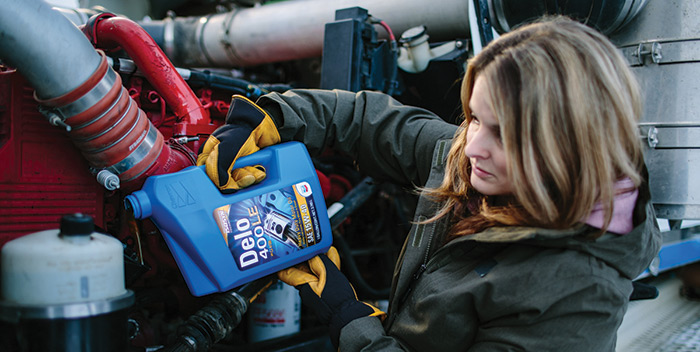
The impact of expanding integrated technology across different truck applications
Integrated vehicle technology continues to evolve. While medium-duty trucks have long been built with integrated systems, new onboard technology is raising the level of sophistication and, for at least one truck maker, borrowing from its proven heavy-duty vehicle technologies. According to Kary Schaefer, general manager of marketing and strategy for Freightliner and Detroit brands at
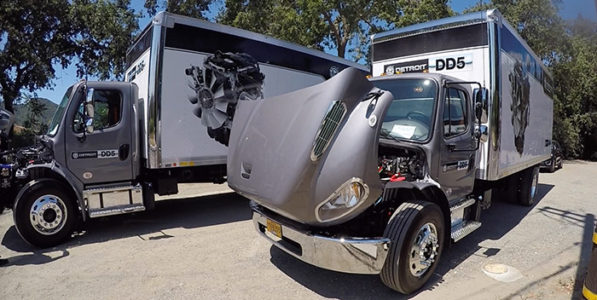
The inside scoop on spec’ing axles and brake ratings
For optimum performance and safety, brakes and suspensions need to be a match and work well together. So what do fleets need to know? Fleet Equipment asked major suppliers to provide the inside information.
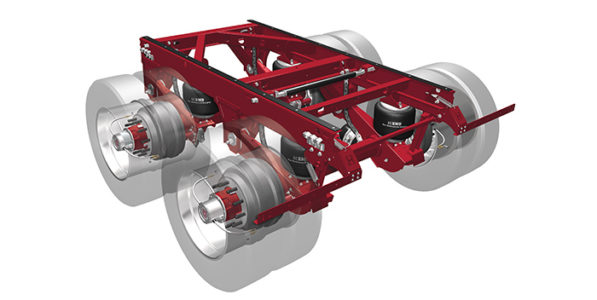
Today’s transmissions add safety, fuel economy
Adaptive cruise control (ACC) options and topography/hill-neutral technology can provide increased safety and improved fuel economy. So what’s best for your operation? We asked the major suppliers to weigh in, and here’s what they have to say about the technology and the choices. The basics “Adaptive cruise uses forward- and side-facing radar technologies as vehicle
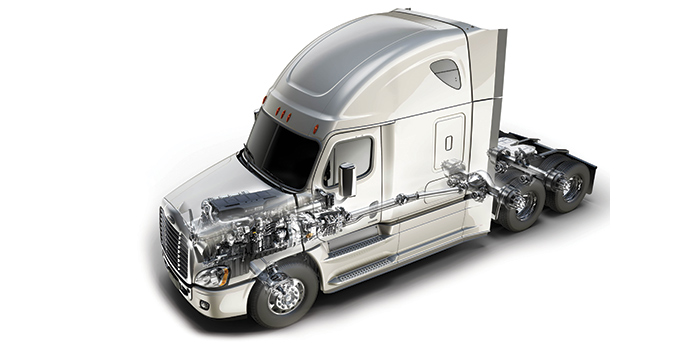
The skinny on low-viscosity oils
The North American Council for Freight Efficiency (NACFE) has released its Confidence Report on low-viscosity oils. It begins with the premise that truck engine mechanical losses occur from pumping and friction and consume approximately 16% of the total energy input of the vehicle. Lower-viscosity oils (those with less internal resistance to flow) will reduce these

Integrated safety systems: Living up to the hype
Mandating stability control and safety systems for heavy trucks began several years ago with the National Highway Traffic Safety Administration (NHTSA) test analysis, which revealed that a large percentage of heavy truck crashes are rollover-related and can be mitigated by stability control interventions. During that period, braking system suppliers began testing new braking and stability

CSA compliant: safe, secure loads
Cargo security and safety have always been a concern for fleets. We all know that a damaged or lost load negatively impacts the bottom line. Ever since the enactment of the Federal Motor Carrier Safety Administration’s (FMCSA) Compliance, Safety, Accountability (CSA) program guidelines, securing loads to avoid CSA fines for improperly secured cargo are also

The sophisticated evolution of truck engines continues to amaze
Over the last couple of decades, commercial truck engines have undergone significant changes to adapt to the demands of fleets and of government mandates. Engine manufacturers worked to reach EPA 2016 and Greenhouse Gas (GHG) 2017 requirements, which included onboard diagnostics requirements with enhanced monitors to ensure that exhaust tailpipe emissions stay within EPA limits.
